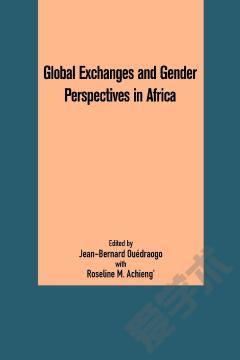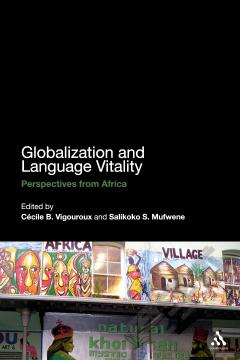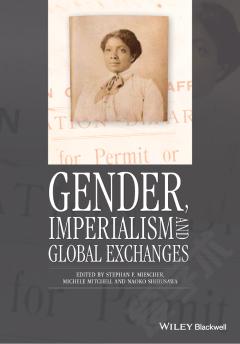Global Exchanges and Gender Perspectives in Africa
The global perspectives adopted in this volume by the authors, from different academic disciplines and social experiences, ought not to be locked in sterile linearity which within process of globalisation would fail to perceive, the irreversible opening up of the worlds of the south. There is the need within the framework of the analyses presented here, to quite cogently define the sense of the notion of the market. The market here does not refer to saving or the localised exchange of goods, a perspective which is imposed by normative perceptions. In fact, a strictly materialistic reading of exchange would be included, since every social practice and interaction implies a communitarian transaction; meanwhile the exchange system under study here broadens to root out the obligation of the maximisation of mercantile profit from the cycle of exchange. Trade here would have a meaning closer to those of old, one of human interaction, in a way that one could also refer to ibon commercei between humans. In one way, trade places itself at the heart of social exchanges, included the power of money, and is carried along by a multitude of social interactions. The reader is called upon to take into account the major mercantile formations of the social trade system, the market society, without forgetting the diversity of exchange routes as well as the varying modalities of social construction, at the margins and within market logics n those of implicit value in trade between humans n which the texts herein also seek to review. The age-old project of restructuring the domestic economy, the market society as it has developed in the West, n whence it has set out to conquer the whole wide world n places at the very centre of the current capitalist expansion the challenge of imperatively reshaping gender identity, inter alia, in market relations.
{{comment.content}}








 京公网安备 11010802027623号
京公网安备 11010802027623号